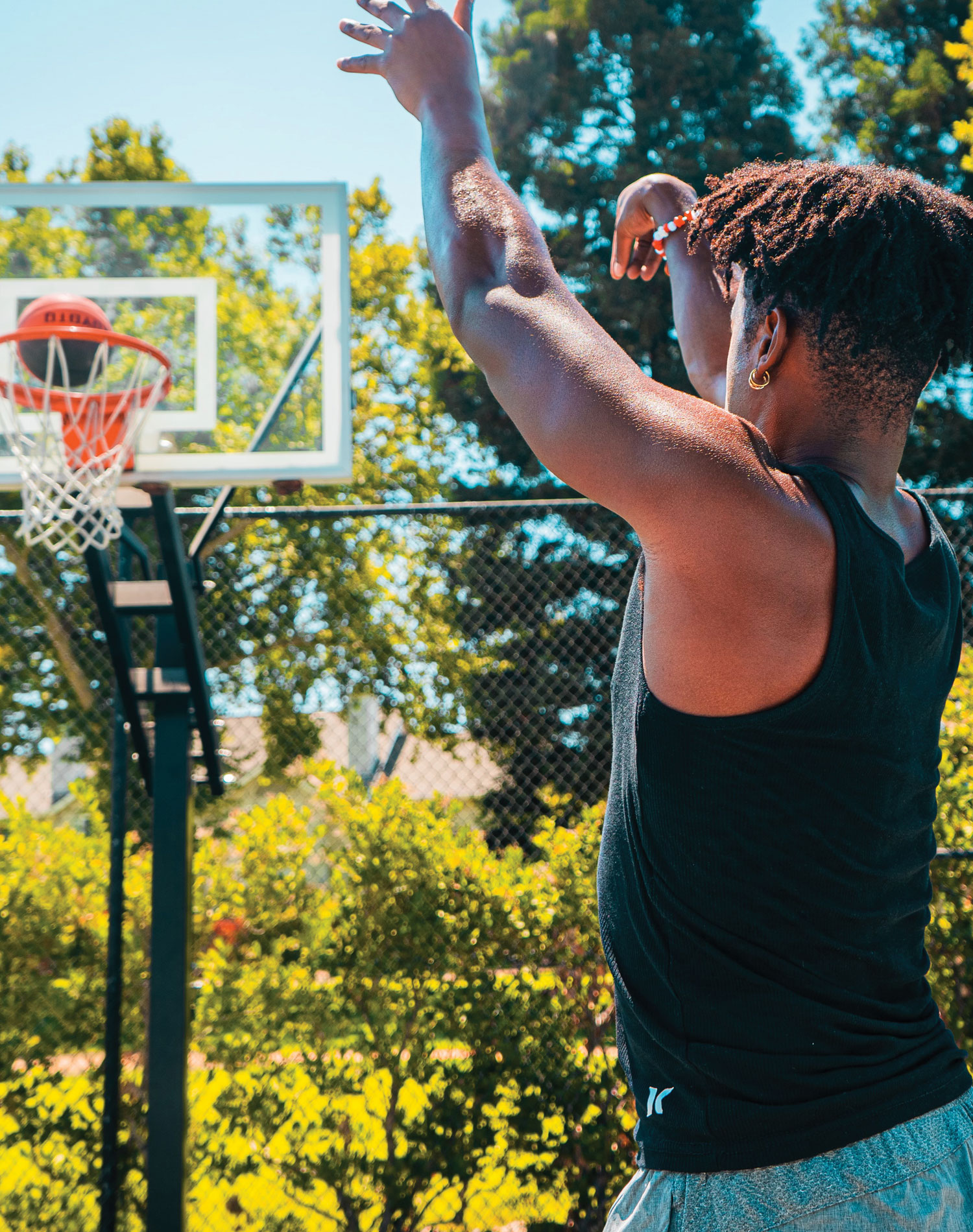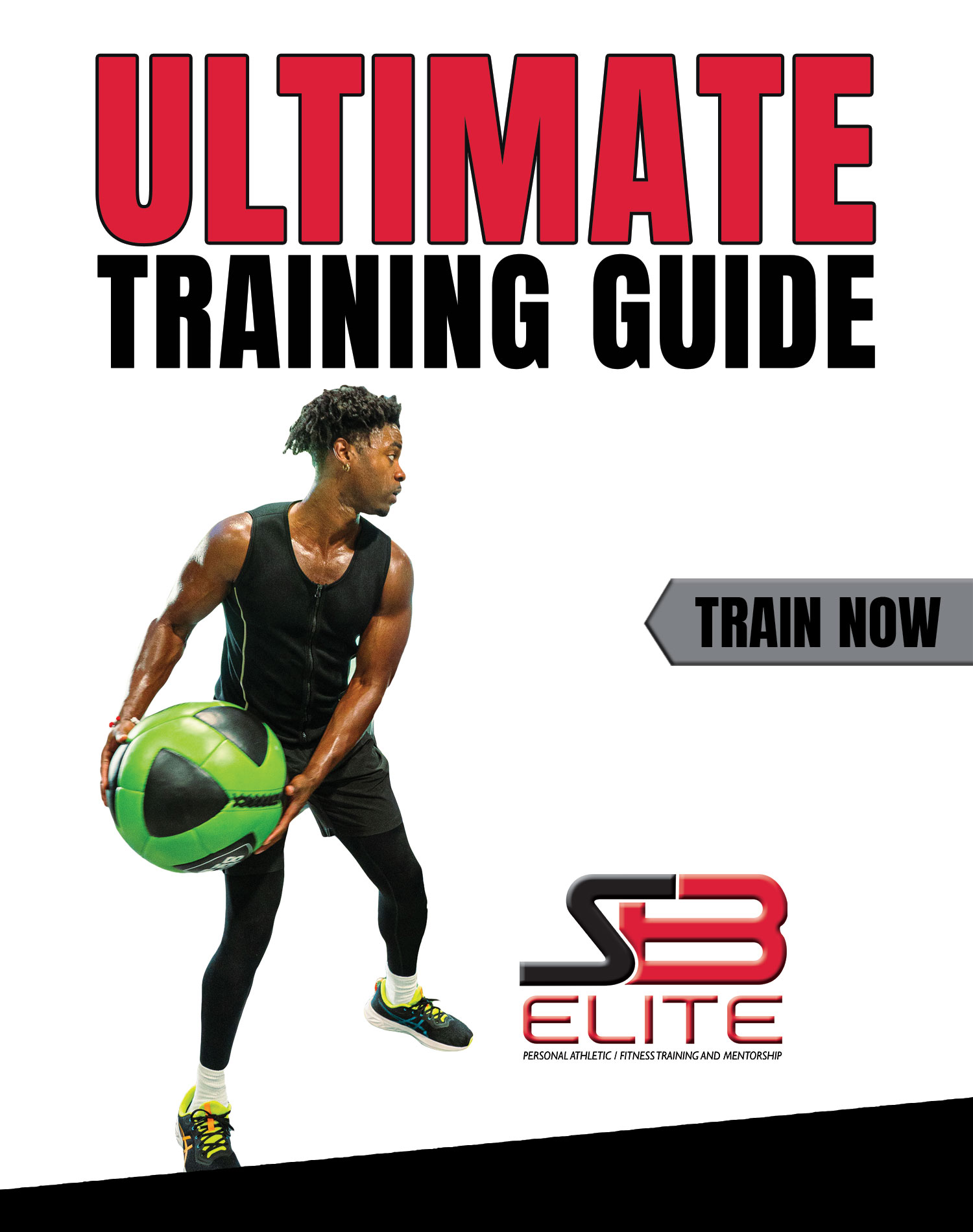
Building Confidence Through Fitness: Impact on Sports and Personal Life
Introduction
Confidence is a powerful force, both on and off the field. Whether you’re an athlete striving for peak performance or an individual looking to boost self-assurance in personal life, fitness can be a game-changer. In this article, we explore how engaging in regular exercise and maintaining physical fitness can significantly enhance your confidence, leading to success in sports and a more fulfilling personal life.
Confidence in Sports
1. Physical Competence: Regular exercise and fitness training help athletes improve their physical skills and capabilities. As they become stronger, faster, and more agile, they naturally gain confidence in their athletic abilities.
2. Mental Toughness: Fitness routines often require perseverance and mental resilience. This translates to increased mental strength, which is essential for athletes facing competition, adversity, and high-pressure situations.
3. Goal Achievement: Setting and achieving fitness goals, such as lifting heavier weights or running longer distances, instills a sense of accomplishment. Athletes who achieve fitness milestones are more likely to approach their sport with self-assuredness and determination.
4. Risk-Taking: The discipline developed through fitness training encourages athletes to take calculated risks in their sport. Confidence allows them to push boundaries and strive for greatness.
5. Positive Self-Image: Achieving and maintaining a high level of physical fitness can lead to a positive self-image, which, in turn, boosts an athlete’s belief in their own abilities and potential.
Confidence in Personal Life
1. Self-Esteem: Regular exercise releases endorphins, often referred to as “feel-good” hormones. This natural mood elevation can enhance self-esteem and confidence in personal life.
2. Stress Management: Physical activity is a potent stress-reliever. Managing stress through fitness not only improves mental well-being but also enhances your confidence in your ability to handle challenging situations.
3. Improved Body Image: A consistent fitness regimen can lead to improved physical appearance and health. This can translate to a more positive body image and greater self-confidence in personal relationships and social settings.
4. Enhanced Social Interaction: Engaging in fitness activities like group classes or sports teams fosters social connections and builds a sense of belonging. This, in turn, boosts self-confidence in social situations.
5. Empowerment: The process of setting fitness goals, working hard to achieve them, and witnessing progress can empower individuals to approach personal life with determination and confidence.
Tips for Building Confidence Through Fitness
1. Set Achievable Goals: Break down your fitness goals into manageable steps and celebrate your achievements along the way.
2. Consistency Matters: Regular exercise and maintaining fitness require consistency. Stick to a routine to see tangible results.
3. Embrace Challenges: Don’t shy away from physical challenges. Facing them head-on and overcoming obstacles can greatly boost your self-confidence.
4. Positive Self-Talk: Practice positive self-affirmations and maintain a constructive inner dialogue to build and sustain confidence.
Conclusion
Fitness is not merely about building a strong and healthy body; it’s also a potent tool for developing confidence. Whether you’re an athlete striving for success in sports or an individual looking to enhance self-assurance in personal life, the benefits of fitness are profound. By setting goals, staying consistent, and embracing challenges, you can experience a transformation in your confidence levels that will positively impact every aspect of your life. Remember, confidence is the key to unlocking your full potential, both on the field and in the broader scope of personal life.










